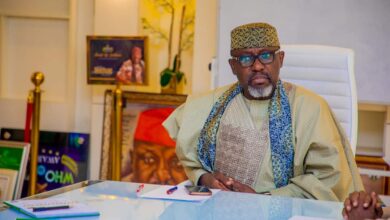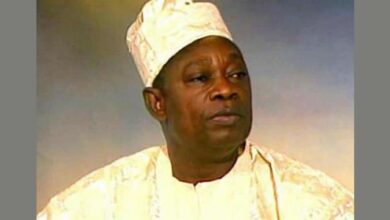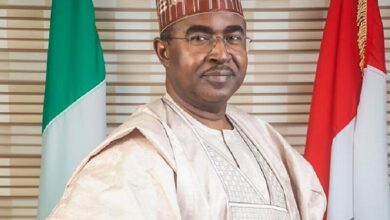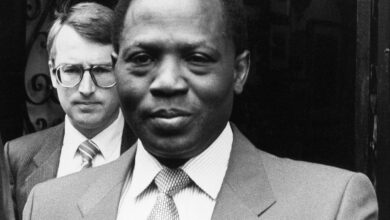20 Things You Should Know About RTD Gen Ibrahim Badamosi Babangida
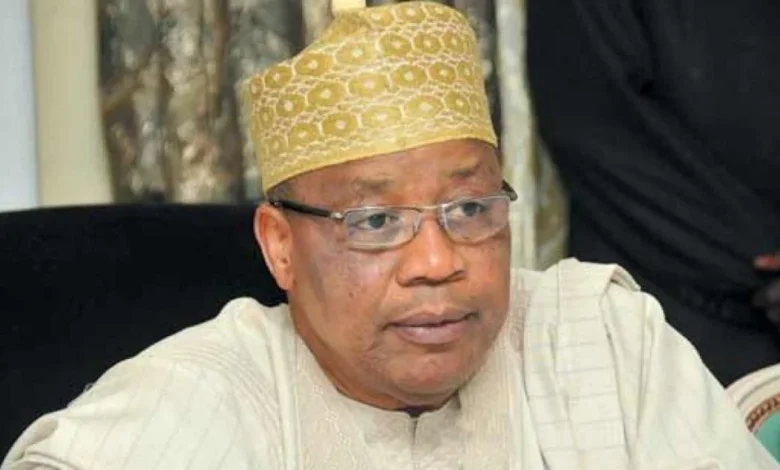
RTD Gen Ibrahim Badamosi Babangida, often referred to as IBB, is a significant figure in Nigerian history. His tenure as the military ruler of Nigeria from 1985 to 1993 left an indelible mark on the country’s political landscape. This article explores 20 important aspects of his life and career that provide insight into his influence and legacy.
1. Early Life and Education
Born on August 17, 1941, in Minna, Niger State, Ibrahim Babangida attended the Nigerian Military Training College in Kaduna, where he began his military career.
2. Military Career
Babangida’s military career spanned several decades, culminating in his rise to the rank of Major General before becoming the military head of state. He is known for his strategic military maneuvers and leadership during key operations.
3. Ascension to Power
In 1985, Babangida orchestrated a coup that overthrew General Muhammadu Buhari, citing economic mismanagement and human rights abuses as justifications for the takeover.
4. Economic Reforms
Babangida introduced several economic reforms, including the Structural Adjustment Program (SAP), aimed at liberalizing the economy. However, these policies faced criticism for their impact on the populace.
5. Political Transition
One of his most notable legacies is his attempt at political transition. He announced plans for a return to civilian rule, which included the formation of political parties.
6. June 12 Crisis
The June 12, 1993, presidential elections, widely regarded as the freest in Nigeria’s history, were annulled under his regime. This decision sparked widespread protests and is a pivotal moment in Nigeria’s democratic journey.
7. Relationship with the West
Babangida maintained a complex relationship with Western powers. His administration was often viewed as an ally, particularly during the Cold War, but his human rights record drew criticism.
8. Influence on Nigerian Politics
Even after his tenure, Babangida continued to wield significant influence in Nigerian politics, advising subsequent leaders and playing a role in various political movements.
9. Controversial Legacy
Babangida’s legacy is marked by controversy. Supporters credit him with laying the groundwork for Nigeria’s return to democracy, while critics point to his authoritarian rule and human rights abuses.
10. Personal Life
Babangida is married to Maryam Babangida, with whom he has children. His family life is often kept private, reflecting a more reserved approach compared to other political figures.
11. Business Ventures
Post-military rule, Babangida has engaged in various business ventures, including investments in agriculture, telecommunications, and real estate.
12. Philanthropy
Babangida has been involved in philanthropic efforts, focusing on education and health initiatives, particularly in his home state of Niger.
13. Views on Security
He has frequently commented on Nigeria’s security challenges, advocating for comprehensive reforms in the military and police sectors to tackle insurgency and banditry.
14. Health Issues
In recent years, Babangida has faced health challenges, including undergoing treatment for a chronic illness, which has limited his public appearances.
15. Role in Peacekeeping
Babangida played a role in Nigeria’s involvement in peacekeeping missions across Africa, particularly during the Liberian Civil War, showcasing Nigeria’s leadership in regional stability.
16. Advocacy for Youth Empowerment
He has emphasized the importance of youth empowerment and education, calling for policies that support the development of young Nigerians.
17. Autobiography
In 2018, Babangida released an autobiography detailing his life, military career, and thoughts on Nigeria’s future, providing a personal perspective on his decisions and experiences.
18. Critique of Current Leadership
Babangida has not shied away from critiquing current Nigerian leadership, often emphasizing the need for accountability and transparency in governance.
19. Public Appearances
Despite his health issues, Babangida occasionally makes public appearances at events, where he shares his insights on national issues and encourages dialogue among political leaders.
20. Lasting Impact
Babangida’s impact on Nigeria is undeniable. His policies and decisions have shaped the nation’s political landscape, and his legacy continues to be a topic of discussion among historians, politicians, and citizens alike.
RTD Gen Ibrahim Badamosi Babangida remains a pivotal figure in Nigeria’s history. Understanding his life, career, and the complexities of his leadership provides valuable insights into the country’s past and its ongoing quest for democracy and stability. As Nigeria continues to navigate its challenges, Babangida’s experiences offer lessons for future generations of leaders.

